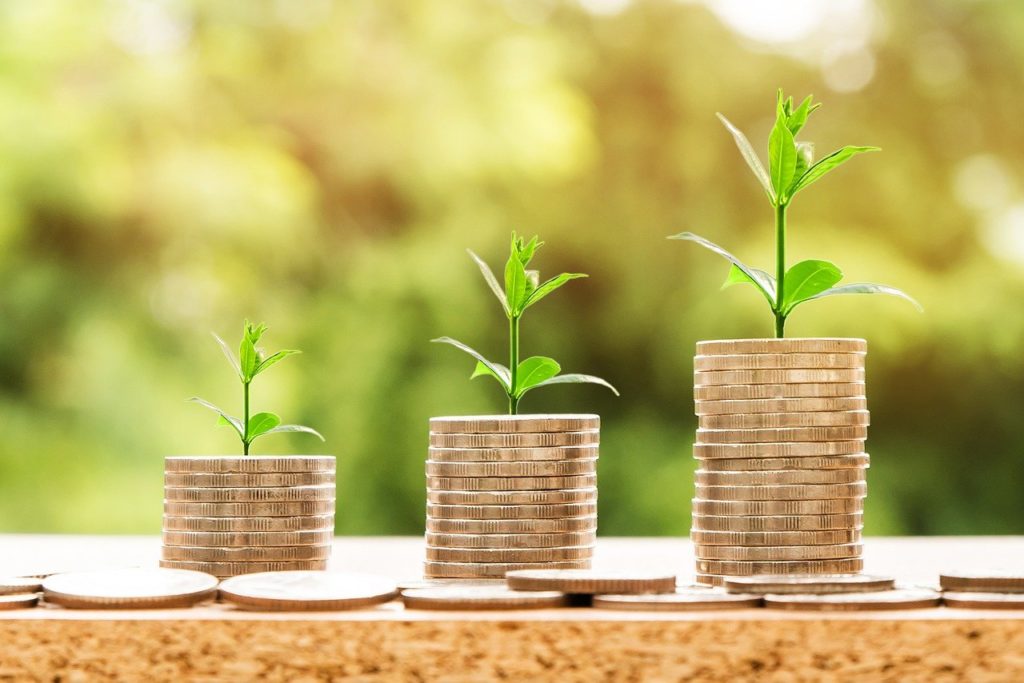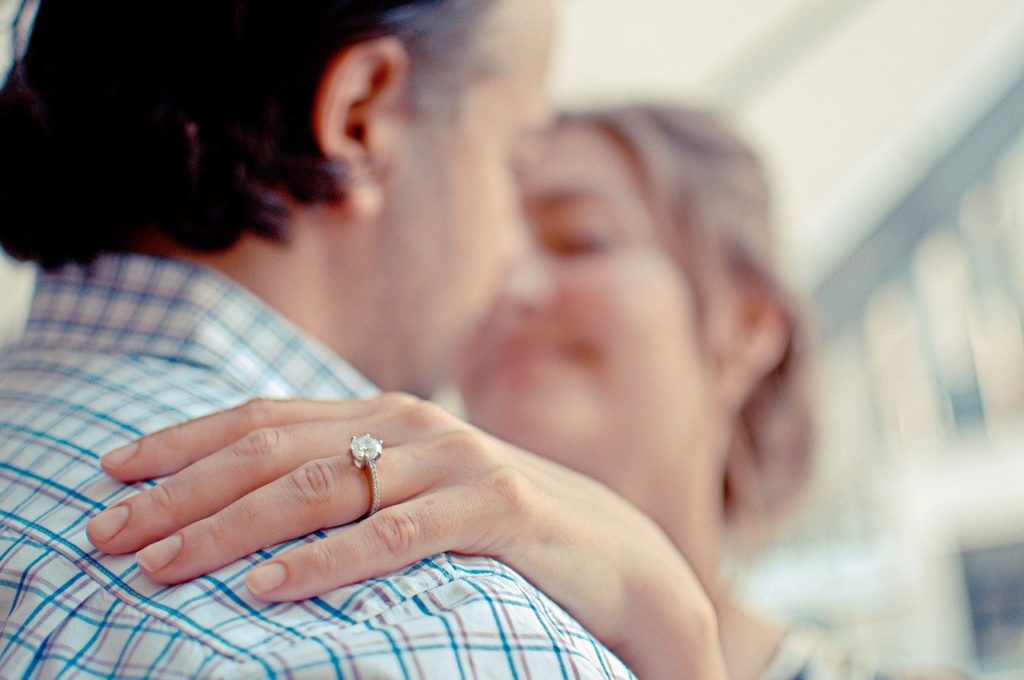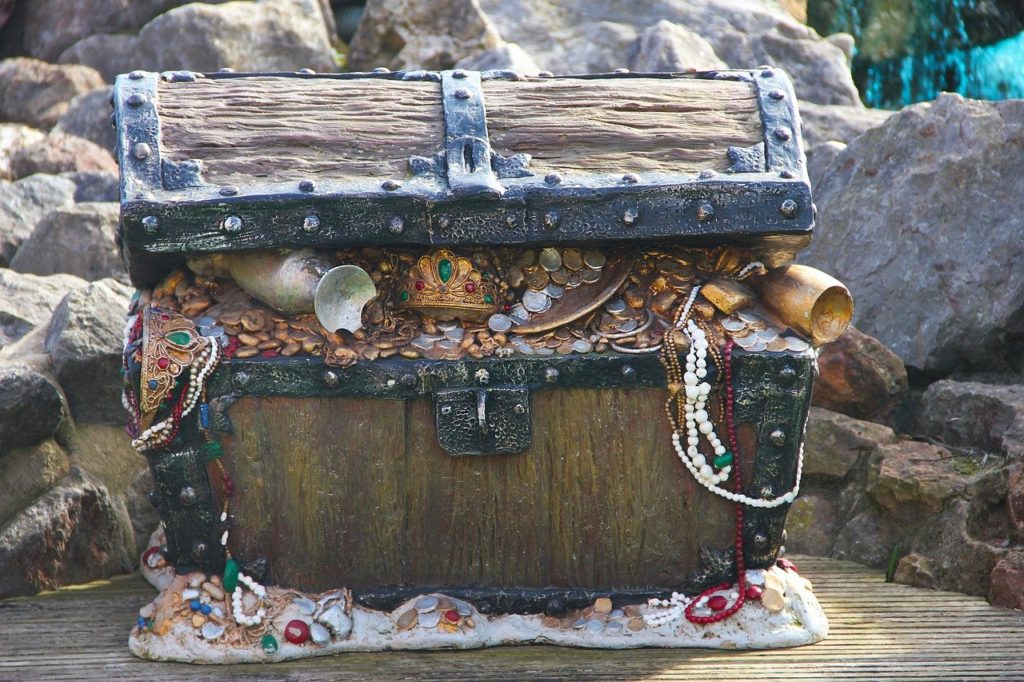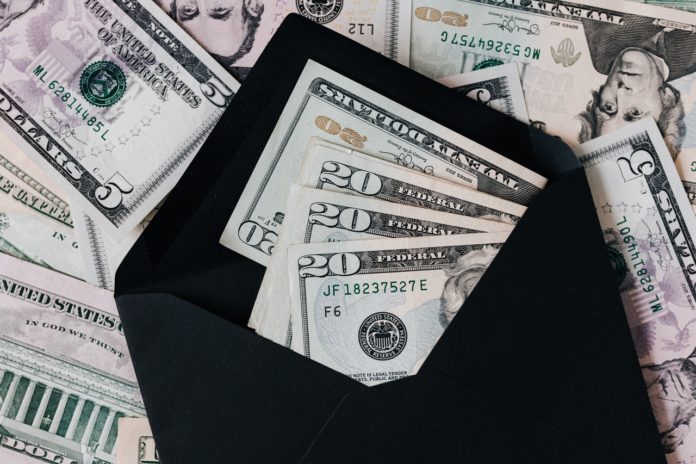Most of us on this planet spend at least half of our waking hours working. We are then compensated for our time and effort with a reward called money. Few will reject money outright since one’s livelihood depends on having a sufficient amount of money.
Money was created only a few thousand years ago, and has remained relatively stable since. This is because it acts as an efficient medium of exchange for goods & services while also being a store of value. Modern day money such as cryptocurrencies are simply digital versions of physical cash, with various added features.
There is a saying that money positively correlates with happiness. But how true is this statement? That’s what we’re here to find out.
What Is Happiness?

Happiness is defined as “the state of being happy”. To be happy is to feel content with what we have. But at what point in life and at what cost do we feel happy?
We usually feel happy when we are among our loved ones. Other occasions when we would feel happy include receiving good news and celebrating a milestone. A few may feel happy doing something trivial, such as purchasing an object that they have long desired.
In other words, happiness is subjective. What makes one person happy might not do the same to another.
What About Money?

Money – or lack of money – is what most everyone struggles with in this modern world. We need it to acquire daily necessities and to pay for any outstanding bills. Without it, we wouldn’t be able to survive and with it, we would not need to worry whether or not we could afford our daily needs.
Moreover, money is especially crucial since many services require some form of monetary transactions. Medical services, for example, is one of the services that most people need to pay to gain access to. When worse comes to worst, debts may also end up piling due to one’s inability to pay for these services.
Stills, others have argued that money wouldn’t be able to grant us happiness. Remember the saying that goes, “Money doesn’t buy happiness”? At one point, or maybe a few, will we come across someone who tells us that. This is because money wouldn’t be able to buy immaterial things such as empathy, gratitude, or even love.
Nevertheless, being financially secure is still important in helping one to avoid any unwanted difficulties. This is not to say that money should be everyone’s focus, but to avoid any hardships, planning for the future financially is a worthy and wise investment.
Experiences vs. Material Objects

There has been a lot of talk about spending on experience vs. spending on material objects. Experience can include anything from going out to dinner to taking that long-deserved vacation to visiting a theme park. Material objects, on the other hand, refer to anything tangible such as ice cream, a fancy dress, or your dream home.
Some have argued that money spent on experience creates a greater sense of happiness than money spent on physical goods. There is no doubt that you will feel a sense of joy when buying something material, even though this sensation tends to diminish over time, as studies have shown.
Try to recall the time when you bought something physical, and ask yourself how much of that sense of joy remains. Your answer will probably be little to nothing.
Now, close your eyes and imagine something wonderful – an experience – that happened in your past. This could be your first kiss, your 18th birthday, or the first time that you flew onboard a plane. There is a good chance that this memory of yours still lingers to this very day.
One caveat: the above depends on how materialistic a person is. There are many materialistic people who splurge on material objects and still feel as happy as those less materialistic.
So Can Money Buy Happiness?

The answer is yes and…yes! Money can buy happiness, but only up to a certain extent. The object on which the money is spent largely dictates the degree of happiness that you feel. Material objects are good for a short-term dopamine boost, whereas experiences tend to create longer-lasting memories in general.
Money can buy many things, but money cannot buy everything. This applies even to the most materialistic people. A good example is the time we spent with our loved ones, which does not always need money for it to happen. The simplicity in being able to just spend time, even at home, could also grant us that same happiness as having money would.
It all comes down to different factors and preferences when we consider if money can or cannot buy us happiness. How we view money, how we spend it, and most importantly, how we live all play an important role how happy we are.
We hope that using this insight will help guide you to spend/budget smarter while also living a happier life.




